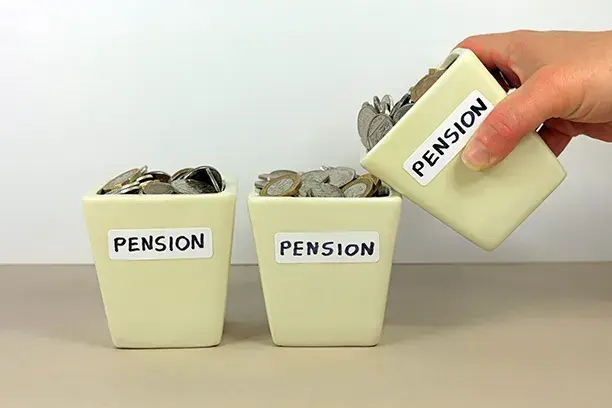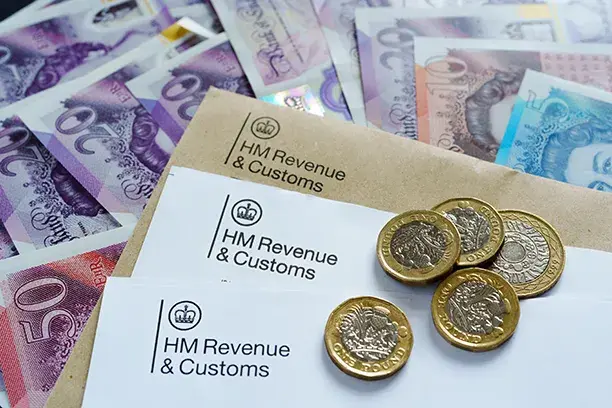
Painful Budgets: 5 Ways to Reduce the Sting
We've heard the statements: the economy is in worse shape than anticipated, and the upcoming Autumn Statement is likely to be more painful than we'd like.
What should we be doing to ready ourselves for a potential change to the tax landscape? At this point it’s worth stating that until the statement is published on the 30th of October all any one can give you is speculation or perhaps an educated guess.
Potential Tax Changes
Given the government's manifesto pledge not to raise income taxes for working people, I'm assuming that Pensions, Inheritance Tax and Capital Gains Tax are more likely to be affected.
Pensions
I’m going to go out on a limb that pensions won’t be part of the autumn statement. There is plenty that could be done here and there are almost certainly some large-scale pensions reforms planned to include using pension assets to invest in the UK economy but my instinct is that this will form part of large scale reform and won’t happen yet!
Assuming I’m wrong (it won’t be the first time) and there is further tinkering with pensions what should you be aware of?
- Death benefits: The government might reduce the tax advantages of pension death benefits.
- Annual allowance: The annual amount you can save into a pension while benefiting from tax relief could be reduced or the tax relief rate might change.
- Tax-free cash: The amount of your pension you can withdraw tax-free might be reduced.
Capital Gains Tax (CGT)
CGT is due on the disposal of assets and largely impacts second homeowners and landlords, business owners, shareholders and those selling valuable assets. More and more investors have been pulled into the self-assessment regime over recent years with a CGT bill as the annual exemption has shrunk.
- Rate changes: The CGT rate might be increased to match income tax, or the current £3,000 exemption could be reduced or eliminated.
Inheritance Tax (IHT)
Under current legislation (2024/25), Married couples passing their property to direct descendants have a combined nil rate band of £1,000,000 before IHT at a rate of 40% is due. The rate is already one of the highest in Europe although the threshold at which it applies is much more generous meaning tax receipts are similar across much of Northern Europe*
- Rate changes: The IHT rate could be increased, even though it's already one of the highest in Europe.
- Threshold changes: The nil rate band, which allows you to pass on a certain amount of property without paying IHT, might be reduced.
- Rule changes: The government might reform the exemptions and rules around gifting to simplify the process.
A Cautionary Tale
All we have for now is speculation and assumptions, so we should be careful when taking action that could have long term implications. Let’s say you are worried that there will be changes to tax free cash, so you take your maximum entitlement now and put it in the bank but when it comes to the 31st of October the thing that changed wasn’t related to pensions at all, but Inheritance tax and you’ve just taken up to £268,275 of sheltered money and created a potential tax liability of £107,310! Now that’s a painful Halloween scare.
What Can You Do?
- Avoid knee-jerk reactions: While it's tempting to react to speculation, it's important to consider the long-term implications of your decisions.
- Maximize current opportunities: Take advantage of existing tax reliefs and planning opportunities.
- Bed and ISA: Contribute to your Bed and ISA to utilise your annual CGT allowance and ISA contribution limit.
- Pension contributions: If you have extra funds, consider making additional pension contributions, especially if you're a higher-rate taxpayer.
- Long-term planning: Focus on your long-term financial goals and consult with a financial advisor to discuss your specific circumstances.
By understanding the potential tax changes and taking proactive steps, you can better prepare for the challenges ahead and minimise the financial impact. If you’d like to talk to a financial planner about your personal circumstances, contact us today.
*Source OECD Estate taxes comparison 2022
The above article is intended for information purposes only and should not be taken as advice.
The value of investment units can fall as well as rise, and you may not get back all of your original investment.
The tax treatment is dependent on individual circumstances and may be subject to change in future.
A pension is a long term investment. The fund value may fluctuate and can go down. Your eventual income may depend upon the size of the fund at retirement, future interest rates and tax legislation.
Advice on Inheritance Tax and Tax Planning are not regulated by the Financial Conduct Authority.









